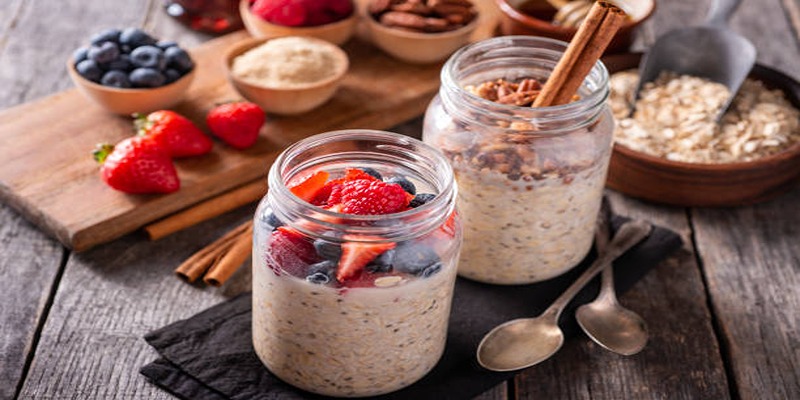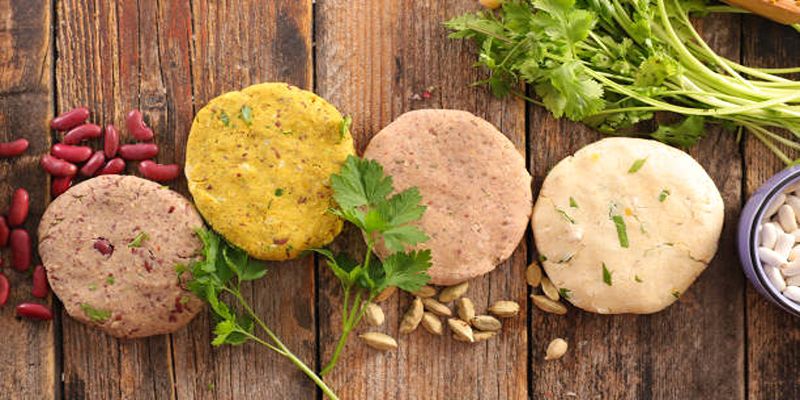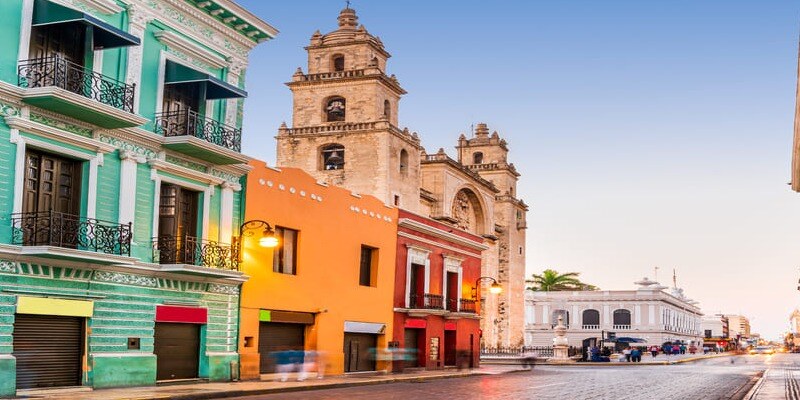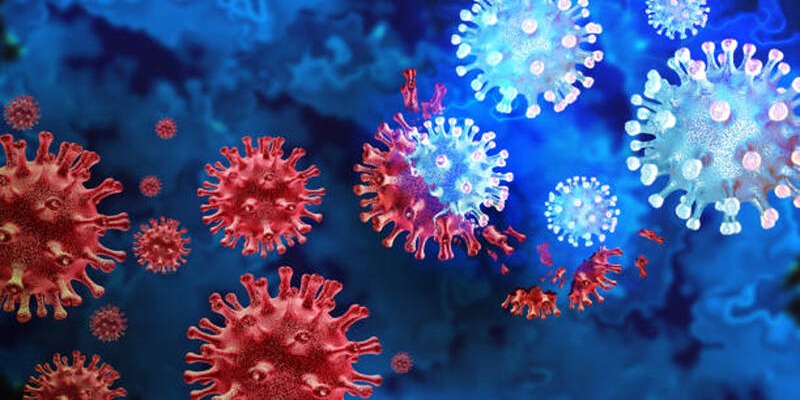Healing Foods for IBD Flares: Top Picks to Soothe Your Symptoms
Managing inflammatory bowel disease (IBD) flares can be challenging, but incorporating healing foods into your diet can significantly soothe symptoms and promote intestinal health. IBD, which includes conditions like Crohn's disease and ulcerative colitis, often results in discomfort such as abdominal pain and diarrhea - but diet plays a crucial role in managing these symptoms. By focusing on nutrient-rich foods that reduce inflammation, support digestion, and enhance overall gut health, you can alleviate some of the burdens associated with flare-ups. These foods not only nourish your body but also strengthen the immune system and reduce irritants in the gastrointestinal tract. As we delve into the top picks of healing foods, remember that individual responses vary, so it's essential to listen to your body and consult with healthcare professionals when necessary.
Salmon
Salmon is a powerhouse of nutrients that can be incredibly beneficial during IBD flares. Rich in omega-3 fatty acids, this type of fish is known for its anti-inflammatory properties, which can help alleviate gut inflammation. Omega-3s also support intestinal healing and boost overall immune health, making salmon a versatile addition to your healing diet. Additionally, it's an excellent source of high-quality protein, essential for repairing tissues and maintaining muscle mass amidst the challenges of IBD. Opt for wild-caught salmon when possible, as it is generally considered the healthier choice with fewer contaminants. Incorporating salmon into your meals a couple of times a week could make a significant difference in managing IBD symptoms.
Turmeric
Turmeric, a spice widely used in traditional medicine, is also known for its anti-inflammatory properties. This golden-colored root contains curcumin, a compound that has been shown to reduce inflammation and ease symptoms associated with IBD flares. You can add turmeric to your meals by using it as a seasoning or make a soothing tea with hot water and honey. While more research needs to be done on the effects of turmeric specifically on IBD flare-ups, it has shown promising results in reducing inflammation in other conditions.
Bone Broth

Bone broth is often touted as a healing food for various ailments, including IBD flares. Made from simmering bones and connective tissue, bone broth is rich in nutrients like collagen and gelatin, which are known for their gut healing properties. These substances can help support the mucosal lining of the digestive tract and reduce inflammation, making it an excellent addition to your diet during IBD flare-ups. You can drink bone broth on its own or use it as a base for soups and stews.
Almonds
Almonds are a nutrient-dense food that can be beneficial for managing IBD flares. Rich in healthy fats, protein, and fiber, they provide sustained energy while also supporting gut health. Additionally, almonds are high in vitamin E, which has been shown to have anti-inflammatory effects in the body. Snack on a handful of almonds, add them to salads or smoothies, or make your almond milk for a nourishing and healing treat.
Oats

Oats are a gentle, fiber-rich food that can be beneficial during IBD flares, particularly when you're dealing with symptoms like diarrhea. The soluble fiber in oats helps absorb excess water in the intestines, firming up stool and slowing its passage through your system. This can offer some relief from the frequent bowel movements often associated with IBD. Additionally, oats contain beta-glucans, which have anti-inflammatory and immune-boosting properties that may help reduce inflammation in the gut. To incorporate oats into your diet, consider starting your day with a warm bowl of oatmeal or adding them to smoothies for a nourishing, easily digestible meal. Remember to opt for plain oats, as flavored varieties can contain additives that may irritate the gut.
Probiotic Foods
Probiotics are advantageous bacteria that contribute to maintaining a healthy balance of gut microbiota, crucial for managing IBD flares. These live microorganisms bolster the immune system and enhance digestion by breaking down food and producing vital nutrients. Excellent sources of probiotics include yogurt, kefir, sauerkraut, kimchi, and other fermented foods. Regularly incorporating these foods into your diet can help sustain a diverse and healthy gut microbiome.
Low FODMAP Foods
FODMAPs (fermentable oligosaccharides, disaccharides, monosaccharides, and polyols) are a group of carbohydrates that can be challenging for those with IBD to digest. During flare-ups, it may be helpful to limit foods high in FODMAPs, such as dairy, gluten-containing grains, and certain fruits and vegetables. Instead, focus on low-FODMAP foods like rice, potatoes, carrots, and bananas. Talk to your doctor or a registered dietitian about following a low-FODMAP diet during flares to help manage symptoms.
Ginger
Ginger is another remarkable food known for its anti-inflammatory and digestive properties, making it an excellent choice during IBD flares. This pungent root has been used for centuries in traditional medicine to relieve nausea and reduce inflammation, which can help soothe the intestinal discomfort associated with flare-ups. Ginger contains gingerols and shogaols, compounds that contribute to its potent anti-inflammatory effects. You can incorporate ginger into your diet by adding it to teas, smoothies, stir-fries, or soups. Fresh ginger is often considered the most beneficial, but powdered ginger can also be used for convenience.
Conclusion
Managing IBD flares effectively involves making informed dietary choices that support healing and reduce inflammation. By incorporating these nutrient-rich foods into your diet, such as salmon, turmeric, bone broth, almonds, oats, probiotic foods, low-FODMAP options, and ginger, you can help alleviate symptoms and promote gut health. While these foods provide valuable benefits, it's essential to tailor dietary changes to your individual needs and work closely with healthcare professionals to ensure they complement your overall treatment plan. Embracing a holistic approach that includes balanced nutrition can make a significant difference in improving your quality of life and managing IBD flares successfully.












